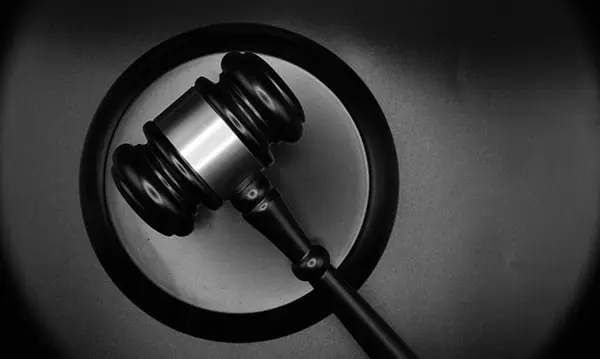Aurai LLC, a company specializing in wellness products and technological solutions, is currently embroiled in a lawsuit that has captured attention in the wellness and tech industries. Allegations against the company include claims of product failures, breaches of contract, and misrepresentation of the effectiveness and safety of their offerings. The lawsuit, which has implications for product safety and corporate responsibility, could reshape how wellness technology companies operate and communicate with consumers.
Background of the Case and Allegations
Aurai LLC markets its products as innovative solutions aimed at improving user health and wellness. However, customers and former clients have raised concerns about the efficacy and safety of some products, particularly devices intended for therapeutic use. The plaintiffs allege that Aurai LLC breached contracts by providing defective products, overstated the benefits of certain devices, and failed to address safety concerns in a timely manner. This has led to accusations that the company misrepresented its products, potentially putting consumers at risk of harm.
One key aspect of the lawsuit is the allegation that Aurai LLC failed to offer adequate customer support and refused to issue refunds or replacements for defective items. Plaintiffs argue that these failures reflect negligence and lack of accountability on the company’s part, as they were not adequately informed of the risks associated with product use before purchase. Additionally, the lawsuit contends that some products lack the rigorous safety testing typically required in the wellness sector, which may have contributed to these issues (sources: easyinjuryclaims.com; lawfirmgenius.net).
Key Hearings and Legal Proceedings
The case has seen multiple hearings, with both sides presenting evidence and arguments to support their claims. During these proceedings, plaintiffs have successfully argued for the inclusion of more evidence, including product performance data and internal communications regarding product development. These developments have bolstered the plaintiffs’ case, allowing them to argue more effectively that Aurai LLC’s products do not meet expected safety standards.
Aurai LLC has maintained its defense, asserting that their products are developed with safety and efficacy in mind, and the company claims it has acted in good faith regarding customer grievances. The defense also argues that isolated product issues do not reflect the overall reliability of Aurai LLC’s offerings. The company has taken steps to provide evidence of compliance with applicable industry regulations, although the case remains contentious (source: scdataentry.alm.com).
Potential Consequences for Aurai LLC
If the court rules in favor of the plaintiffs, Aurai LLC could face significant financial and operational penalties. Financially, the company may be required to issue refunds, pay damages, and cover the plaintiffs’ legal fees, which could substantially impact its revenue and stability. In addition to monetary penalties, a ruling against Aurai could lead to regulatory scrutiny and pressure to improve product safety, possibly requiring product recalls or redesigns (source: lawfirmgenius.net).
Beyond the courtroom, the lawsuit has already affected Aurai LLC’s reputation, resulting in decreased consumer trust and reluctance among potential customers. The company’s ongoing legal battle has led to negative publicity, which could hinder future sales, business partnerships, and market expansion. Reputational damage of this nature can be difficult to recover from, especially in a competitive industry where consumer trust is paramount (source: easyinjuryclaims.com).
Broader Industry Implications
The lawsuit against Aurai LLC reflects a growing need for accountability and transparency within the wellness tech industry. Companies that develop wellness products, especially those designed to impact health, are expected to meet high safety standards and provide clear communication regarding potential risks. This case could lead to industry-wide reforms, prompting wellness tech companies to adopt more rigorous safety testing and transparency about product limitations.
If the court rules in favor of the plaintiffs, it may set a precedent that reinforces the importance of customer satisfaction, safety, and regulatory compliance within the wellness and tech sectors. Such a ruling could influence both consumer expectations and regulatory bodies to enforce higher standards across similar businesses, potentially resulting in increased compliance costs and oversight requirements for wellness tech companies (source: lawfirmgenius.net).
Conclusion
The Aurai LLC lawsuit represents a significant test of corporate accountability in the wellness technology space. As the lawsuit progresses, the outcome will likely have far-reaching effects not only for Aurai LLC but also for other companies operating within this sector. With potential impacts on consumer trust, industry standards, and regulatory practices, the case underscores the importance of transparency and product safety in a market that increasingly influences public health and wellness.
For consumers, this lawsuit serves as a reminder to remain vigilant when purchasing wellness products, ensuring that companies meet rigorous safety and efficacy standards. For companies like Aurai LLC, the case highlights the necessity of maintaining robust quality control and clear communication to protect both consumers and their own long-term viability.


